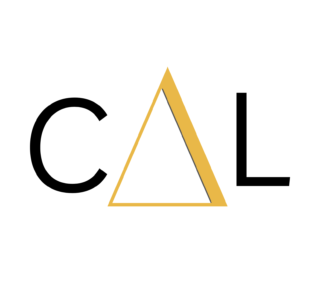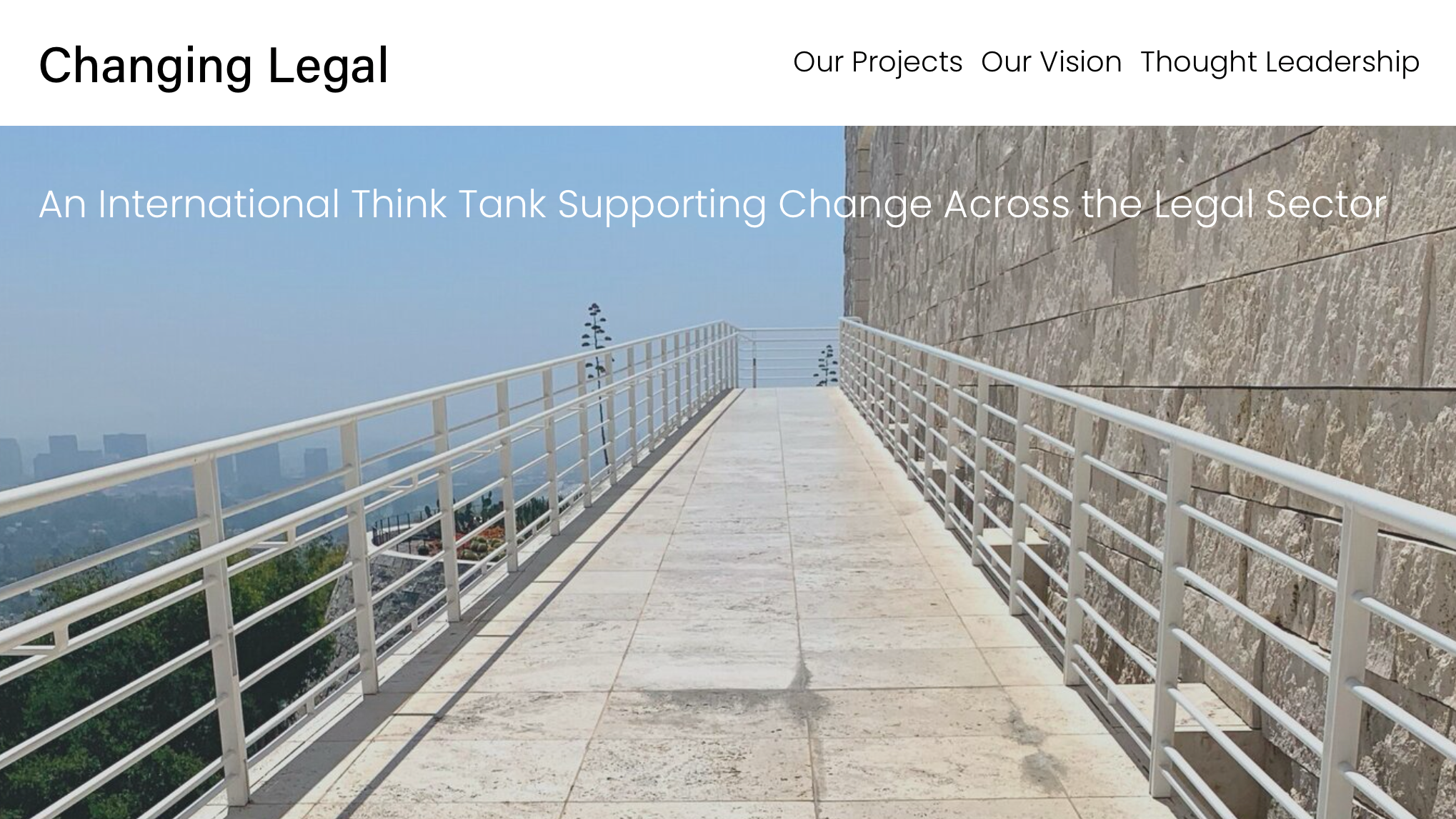An international group of seven legal industry leaders and experts, led by U.K. blogger and consultant Richard Tromans, have formed a think tank to propel change in the legal business model, with a particular focus on how legal services are billed and delivered in the corporate and commercial law sector.
Called Changing Legal, the think tank will focus on three interrelated issues: eliminating the billable hour, promoting shared standards and data, and promoting alternative forms of legal services delivery, including the regulatory reform needed to accomplish that.
“The purpose of it is to support change, to facilitate change, and to connect people who are interested in change,” Tromans told me Friday during a call with him and another founding board member, Kelly Harbour, director of client relations and innovation at the law firm Goulston & Storrs in Boston and director of member engagement for the SALI Alliance.
 While the genesis of the group was a blog post Tromans wrote on killing off the billable hour, its focus broadened out of the founders’ belief that the billable hour will never die off unless uniform taxonomies are adopted and alternative delivery models are able to develop.
While the genesis of the group was a blog post Tromans wrote on killing off the billable hour, its focus broadened out of the founders’ belief that the billable hour will never die off unless uniform taxonomies are adopted and alternative delivery models are able to develop.
“It’s not so much a question of ‘abandoning’ the billable hour, it’s not that simple,” Tromans said. “It’s a question of the legal market seeing the way legal services are produced and valued in a different way.”
Even though many in legal want to move beyond a time-based model, that has not happened on a broad scale because other factors are required before it can, he said.
“You first need to be able to identify legal work and create matter taxonomies so everyone can at least describe what it is they are trying to produce, as without any standards or benchmarks one cannot easily scope work (and hence people rely on the time method as a default measure),” Tromans said.
“You also have to start with the output you want and then work backwards in terms of how it’s produced.”
The think tank will focus on th0se three factors — moving beyond time-based billing, standards and data sharing, and rethinking legal work production — as interlinked.
“Moving beyond the billable hour has been explored many times, but often this is in isolation from the other linked systemic issues that connect to it — i.e. you can’t just ‘move beyond billable hours’ in one step, there are interconnected changes that have to come with it,” he said.
“That is why things have not changed. And that is what Changing Legal is trying to focus on and help with.”
Connect and Facilitate
One focus of Changing Lawyer will be to connect and facilitate learning among others individuals and groups throughout the world that are working to develop standards and new models for the delivery of legal services, including SALI, which is working to develop a set of uniform standards for the legal industry.
The think tank will also seek to support change by:
- Normalizing the debate around systemic change in the legal market, moving it from an “academic” debate to the center ground.
- Building alliances and partnerships with other organizations, businesses and individuals, as part of forming a global movement to drive change across the legal market.
- Holding events and convening meetings of people and organizations that have shared goals and want to learn from and inspire each other.
- Produce and share thought leadership and industry data that can support those who want to make informed choices about moving in a new direction.
“This is a natural response to every day waking up and seeing the same issues and then thinking, ‘Well, can we do something and not just let’s sit in a corner of Twitter and argue about the billable hour — let’s actually try and do something'” Tromans said.
In addition to Tromans and Harbour, other founding board members are:
- Helena Hallgarn, cofounder of Virtual Intelligence VQ and vice president of the European Legal Technology Association.
- Sacha Kirk, Cofounder and chief marketing officer at Lawcadia.
- Mark Medice, principal at LawVision.
- Patrick Fuller, VP and general manager of ALM Intelligence.
- Lev Breydo, adjunct professor at Villanova University’s Charles Widger School of Law and senior advisor to New American Energy.
Harbour said that the last year has shown her that the legal industry is capable of change, and in fact making change “quite quickly and successfully when we must.”
“There has never been a better time to rethink other assumptions about the way the industry operates,” Harbour said. “For example, for many lawyers, being more efficient while managing children at home has become mandatory. We have to find a way to reward that kind of thinking instead of adding pressure to make up those hours.”
Still, Tromans does not expect the group to bring about change overnight. “This is going to be a slow progress type of project,” he said. “I’m looking at 10 years —significant change in 10 years.”
 Robert Ambrogi Blog
Robert Ambrogi Blog